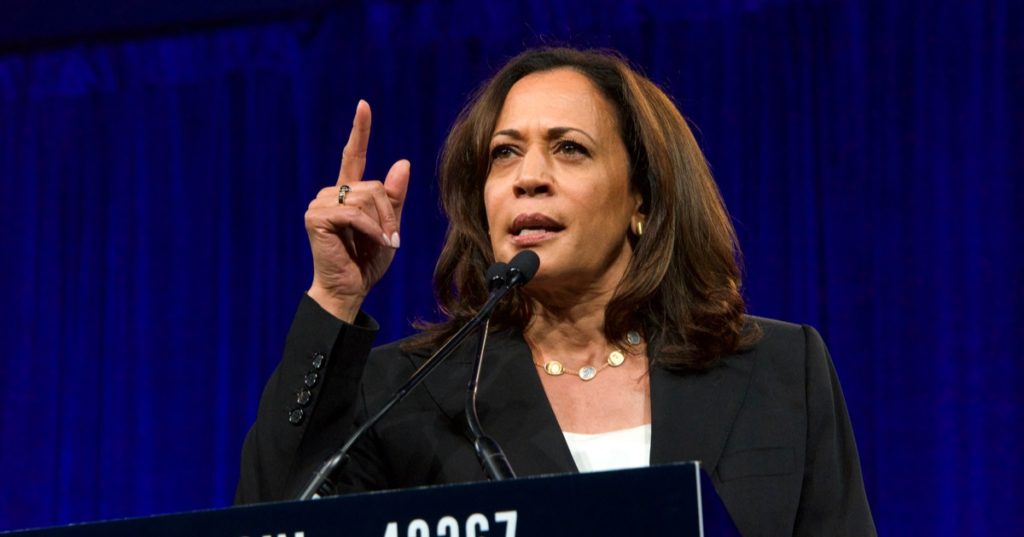





In an ongoing jury selection for a high-profile case, questions of bias and impartiality have emerged.
Breitbart reported that the potential juror, a woman whose son is employed by a House Democrat, faced direct questioning about her impartiality. Despite her connections, she claimed that she could remain neutral, arguing that she had the ability to remain fair and unbiased.
Trump’s defense team, represented by lawyer Susan Necheles, was keen to understand her stance towards Trump.
She asserted having "no feelings" about the former president, highlighting her lack of personal bias despite her political affiliations.
This was the first instance the woman found herself in the same room as Donald Trump, an encounter she discussed during the selection process. Her experience underlined the unique and often tense atmosphere surrounding high-stakes legal proceedings involving political figures.
She declared her confidence in maintaining an open mind, expressing her commitment to judicial integrity. "I am 100 percent confident I can keep an open mind," she remarked, addressing concerns about potential prejudgment due to her political background.
Her assertion came amidst broader challenges from Trump's defense team regarding her suitability as a juror, reflecting the sensitive nature of jury selection in politically charged trials.
Throughout the jury selection process, responses varied widely among the pool of potential jurors. While some echoed the sentiment of impartiality, others openly admitted their doubts about remaining unbiased.
This divide was notably evident in the second pool of potential jurors, half of whom expressed skepticism about their ability to judge the case without prejudice. Such admissions are critical in shaping the jury that will ultimately decide the outcome of the trial.
The process underscored the challenge of assembling a jury in a politically polarized environment, where opinions about Donald Trump are often strongly held.
Manhattan District Attorney Alvin Bragg is spearheading the legal battle against Trump. He has charged the former president with state law violations concerning the misclassification of a payment meant to remain undisclosed.
Bragg argues that Trump's action to label the payment to Daniels as a legal expense, rather than a campaign expenditure, constituted a deliberate attempt to mislead. This is central to the prosecution's case, which aims to prove intentional wrongdoing.
The outcome of this trial could have significant implications, not only for Trump but also for legal precedents concerning election-related financial disclosures.
The integrity of the judicial process is often tested in cases that involve high-profile figures and potent political undertones. This trial is no exception, with each potential juror's biases scrutinized closely.
The case's complexity is heightened by the political connections of some jurors, requiring careful consideration to ensure a fair trial. The defense and prosecution continue to navigate these turbulent waters as they prepare for the substantive phases of the trial.
The selection of a fair and impartial jury remains a cornerstone of the American legal system, emphasizing the importance of thorough vetting in the jury selection process.
The Trump hush money trial presents a clear example of the challenges faced in high-profile legal battles where political affiliations and public opinions could influence outcomes. It highlights the rigorous process of jury selection, the quest for impartiality, and the overarching goal of upholding justice amidst widespread public scrutiny. Each participant in this process carries the responsibility of balancing personal beliefs with the duties of civic engagement and judicial fairness.



